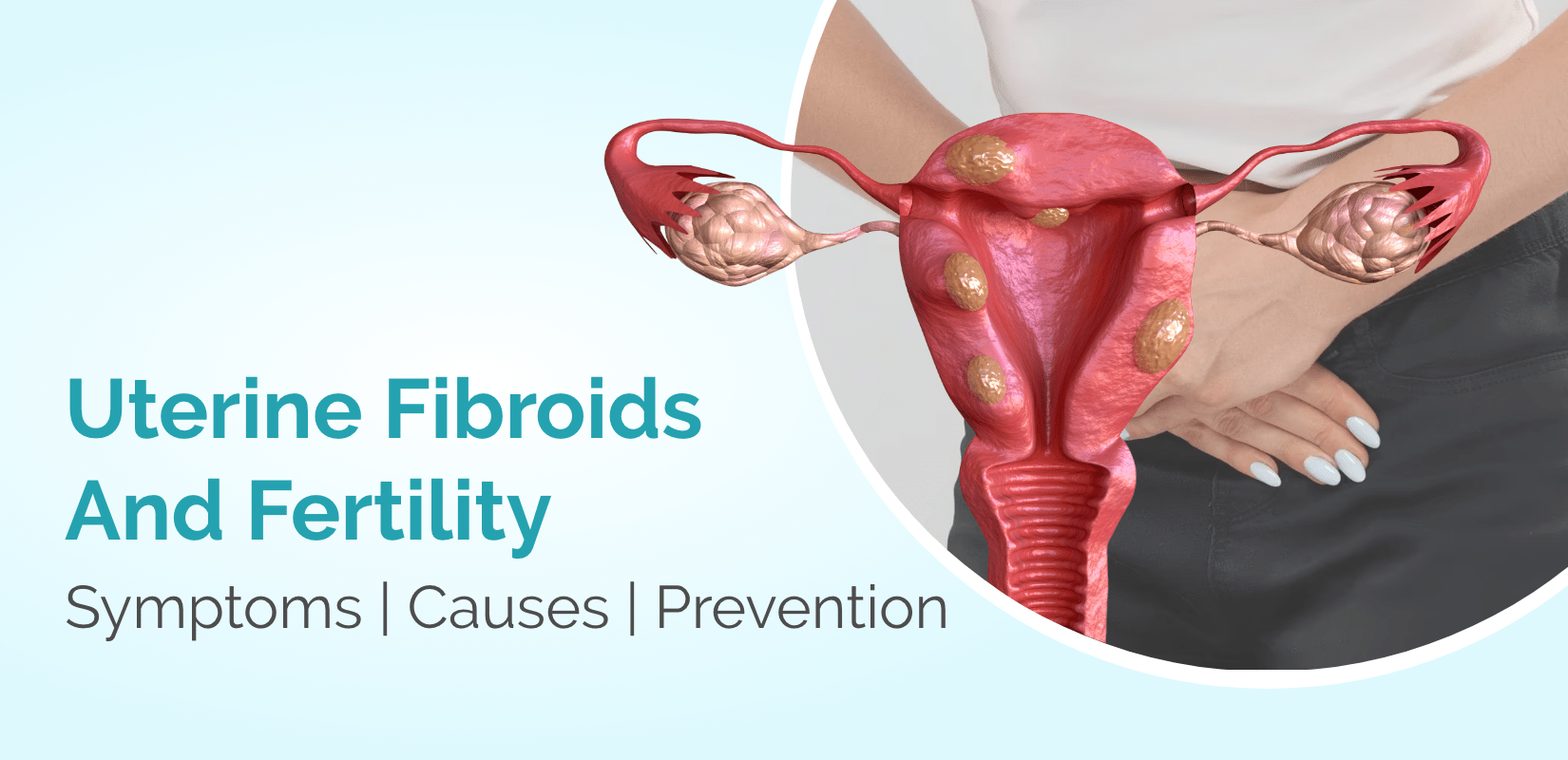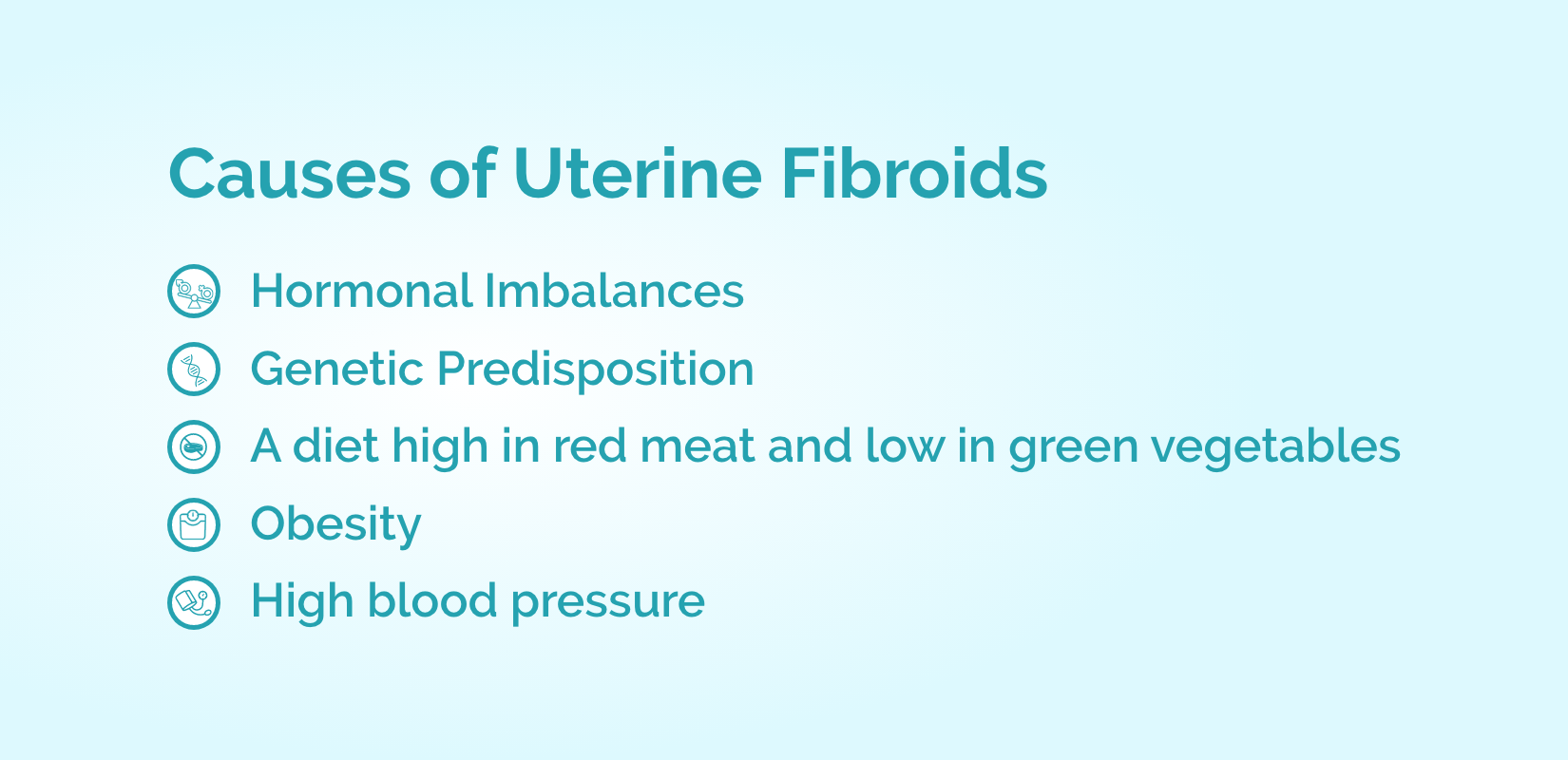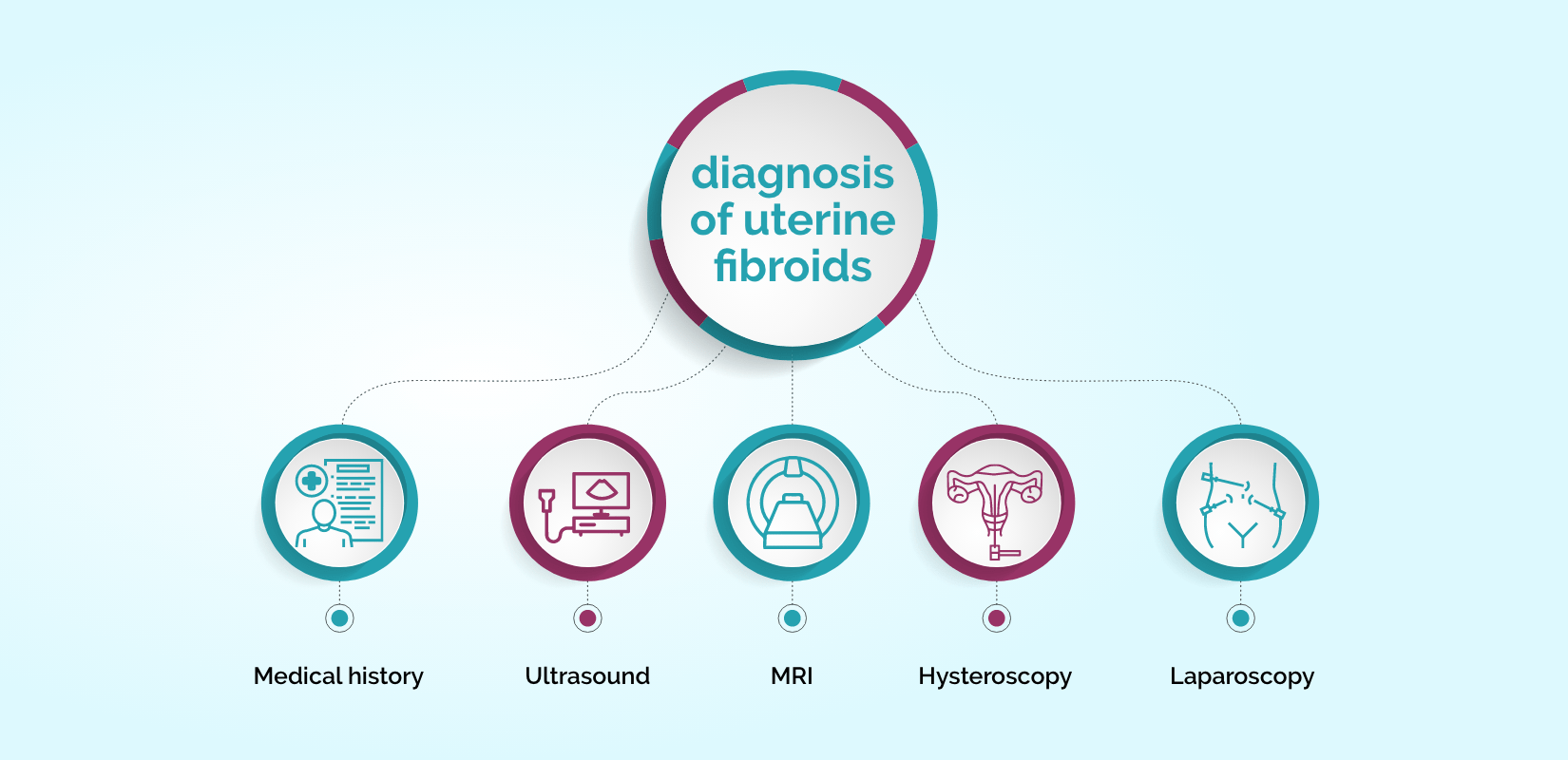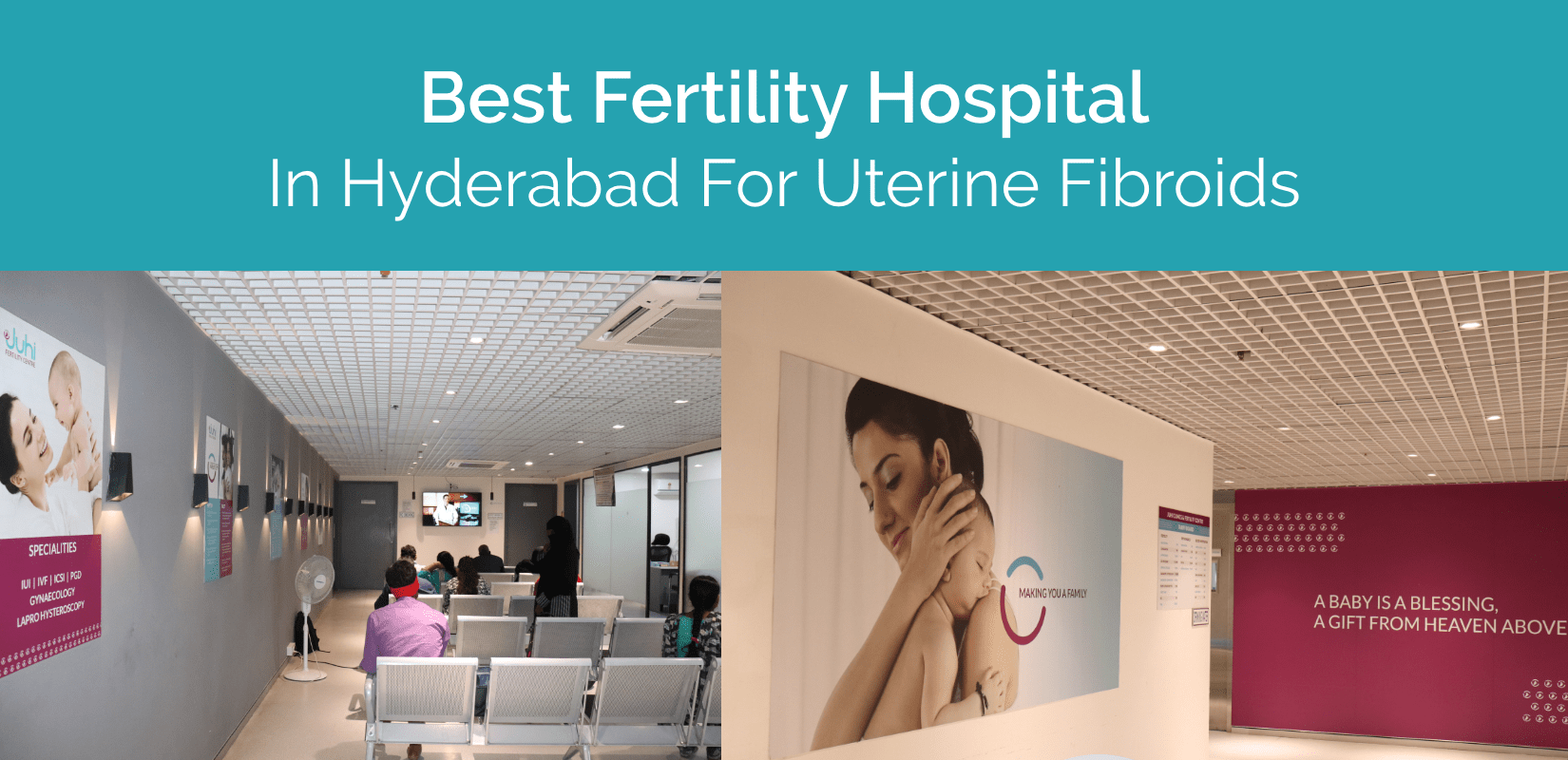
Are you struggling with infertility and have been diagnosed with uterine fibroids? You're not alone. Uterine fibroids, a common non-cancerous growth in the uterus, can have a significant impact on a woman's fertility. Understanding the connection between these growths and fertility is crucial for any woman looking to start or expand her family.
Be with us as we explore the connection between these non-cancerous growths in the uterus and fertility, including symptoms, causes, and potential prevention methods. Get the facts to empower you on your journey to parenthood and take control of your fertility with our expert-backed information.
Uterine fibroids are lumps that grow in the uterus, which is the organ where a baby grows when a woman is pregnant. These lumps are not cancerous and are very common, especially in women between the ages of 30 and 40. Sometimes, fibroids are so small that doctors can't even see them. But sometimes, they can grow bigger and cause problems such as heavy periods, pain in the belly, and trouble getting pregnant. The reason why some women get fibroids and others don't is known. Treatment options include medicines, surgery, or a combination of both.
Uterine fibroids are very common, affecting around 70-80% of women at some point in their lives. They can vary in size and number and can be located on the inside, outside, or within the uterus muscle wall.
Uterine fibroids can sometimes make it harder for a woman to get pregnant. These lumps that grow in the uterus can affect the shape of the uterus or block the fallopian tubes, which are the tubes that carry the egg from the ovary to the uterus. This can make it difficult for sperm to reach the egg and for the fertilized egg to attach to the uterus. Sometimes, fibroids are so small that they don't cause any problems with fertility. But if a woman is having trouble getting pregnant, it's important to talk to a doctor to check if fibroids might be the reason. Treatments available can help a woman become pregnant even if she has fibroids.
Some common symptoms of uterine fibroids that a woman may experience:
If you are experiencing any of these symptoms, it is important to see a doctor and get a proper diagnosis. Keep in mind that not all women with fibroids have symptoms, and some women may have different symptoms.

Hormonal imbalances can cause the uterus to grow fibroids, a diet high in red meat and low in green vegetables can also increase the risk. A genetic predisposition may also play a role in the development of fibroids. Obesity and high blood pressure may also be risk factors for developing fibroids. Here are some of the known causes of Uterine Fibroids:
As one of the best fertility clinics in Hyderabad, we understand the importance of maintaining healthy reproductive organs for those trying to conceive. There are certain steps that can be taken to reduce the risk of their development and improve fertility. Here are a few tips for preventing fibroids and maintaining fertility:
It is important to note that fibroids can impact fertility by causing problems with implantation or increasing the risk of miscarriage. Early detection and treatment of fibroids can help improve the chances of conception and successful pregnancy.
These Prevention of Uterine Fibroids do not guarantee that you will not develop fibroids or have fertility issues, but they can definitely lower the risk of it. A healthy lifestyle with regular check-ups can help in maintaining overall well-being and detect any issues at the earliest. At our fertility clinic in Hyderabad, we offer a range of treatments and options to help our patients achieve their goals of starting a family.

The diagnosis of uterine fibroids typically involves the following steps:
Surgery is one of the common treatments for uterine fibroids that are performed at fertility hospitals. The type of surgery performed depends on the size, number, and location of the fibroids. Some common Surgery To Treat Fibroids In Hyderabad include:
It is important to discuss the risks and benefits of each surgical option with our physicians to determine the best course of treatment for your specific needs and circumstances. If you are trying to conceive or preserve fertility is a concern, we may recommend a myomectomy or laparoscopic or robotic-assisted myomectomy.

Being one of the best fertility hospitals in Hyderabad, we understand the impact that fibroids can have on a woman's ability to conceive. That's why we offer a range of treatment options to help women with fibroids overcome their fertility challenges.
One treatment option is medication. Medications like GnRH agonists can help shrink fibroids and control heavy bleeding. Another option is surgery. In some cases, a combination of both medication and surgery may be recommended.
It's important to note that not all women with fibroids will experience fertility issues. However, if you struggle to conceive and have been diagnosed with fibroids, discussing your treatment options with a fertility specialist is important.
At Juhi Fertility Hospital, our team of experts is dedicated to helping women with fibroids achieve their dream of having a baby. We use the latest technology and research to provide personalized care and support throughout the treatment process.
If you are struggling with fibroids and want to learn more about your treatment options, contact us today to schedule an appointment. Our team is here to help you on your journey to parenthood.
Your email address will not be published. Required fields are marked *